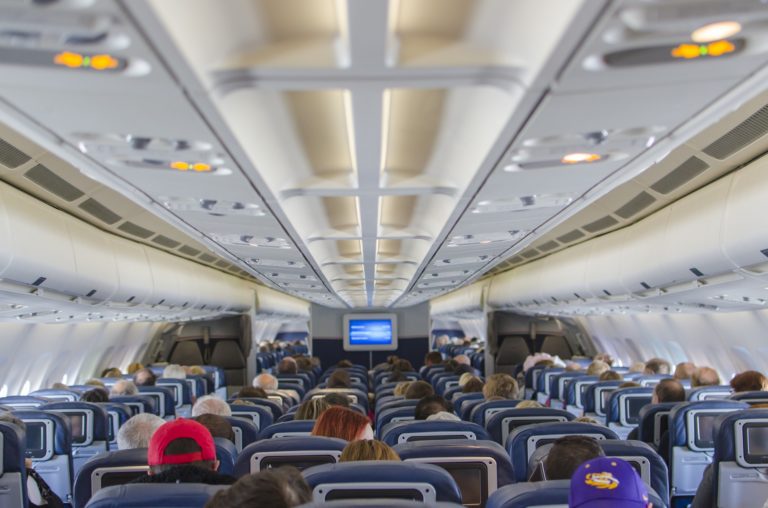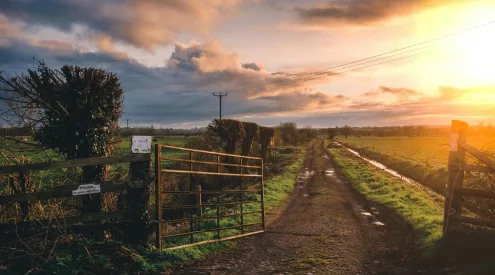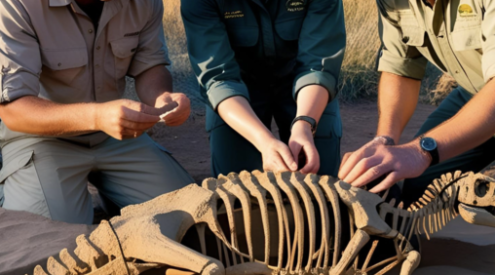Some leading airlines have come under fire for allegedly exposing passengers and cabin crew to toxic cabin air. The handful of airlines implicated include two low-cost domestic carriers, EasyJet and Jet2, as well as Thomas Cook, the UK’s flagship airline British Airways, and Sir Richard Branson’s Virgin Atlantic.
The airlines are facing legal action from Unite, a trade workers union that represents workers in the UK and Ireland. According to the Independent, there are over 50 cases to be heard in this legal battle.
The majority of these grievances come from the airline staff themselves, with the likes of pilots and cabin crew lodging claims related to chronic health conditions related to prolonged exposure to toxic air from the craft’s fumes during operation.

The trade union has largely based its evidence of health risk and injury caused by toxic air based on findings and research that claims the air in the cabins of commercial aircrafts is unhealthy and poses chronic health threats, including brain damage. Some health risks include ‘aerotoxic syndrome’, a short- to longterm health condition caused by breathing in plane cabin air which is polluted by many tiny particles from engine oils and chemicals used to operate the craft.
The topic of cabin air safety is not new; according to a World Health Organisation study conducted by a British pathologist, a pilot with a PhD and science background, and an Australian physician, civilian military airlines first began to ‘bleed’ unfiltered air from the engines to the cabin ventilation systems in 1955, where unpleasant side effects were noted.
The website toxicfreeairlines.com is a resource for pilots and cabin crew members who want to be informed about their working conditions, identifying potential health complications and taking action to address it. The platform was started by a former cabin crew member, Dee Passon, who retired prematurely from her role at British Airways 10 years ago due to ill health.
While airlines have responded to the recent allegations about toxic cabin air, most operate according to the guidelines set out by the UK’s Civil Aviation Authority as well as continental regulations, and thus operate legally, albeit somewhat dangerously. It will be interesting to see how this saga progresses in the months to come.
Featured image by Pixabay
















